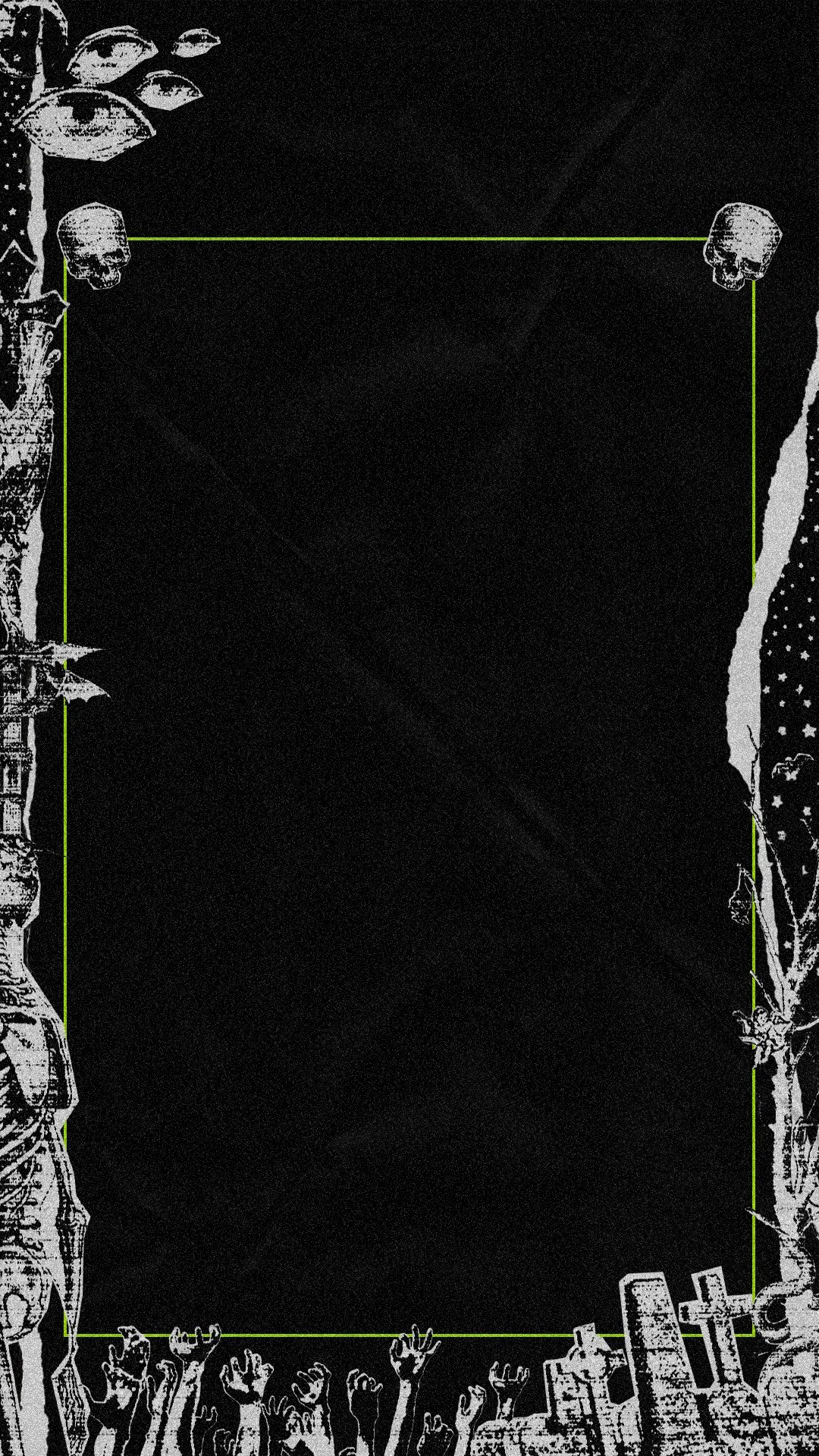
The 1975
How To Draw / Petrichor
How To Draw / Petrichor is my favourite song from the 1975. I used to play it on night walks around my local town in solitude, taking photos and a personal step back from life.
The original How To Draw was a special track only available on the Box Set of the ILWYS vinyl. It was captured in a quick two-hour session, recorded backstage at Plymouth Pavilions with Matty at the piano. He later admitted he felt like it never reached its full potential—it had no true home, caught in limbo between ‘I Like It When You Sleep’ and ‘A Brief Inquiry.’ Petrichor was produced by George as a separate song but they put the two together in Logic creating a new song altogether.
This new version of How To Draw serves as the first half of a two-part track opening with the same notes from the original recording, now played on a soft, chiming dulcitone that feels both familiar and new. Whimsical flutes, gentle knocking percussion and emotional strings intertwine together creating a sense of childlike curiosity and belonging—almost like the soundtrack to a coming-of-age moment. I feel this symbolises the joy and excitement that Matty experiences whilst creating music and art. It feels young, free, and fulfilling. His backing vocals have also been recorded on an OP-1, pitched up and down the scale of the songs B major key which helps create this youthful feeling, sounding happy and jouvenile.
“I’ve not learned how to draw.” - These short, obscure lines likely reflect Matty’s anxiety and fear of never reaching his full artistic potential. Here, ‘drawing’ works as a metaphor for all the creative forms he has yet to master. As art in itself is a form of communication, it’s as if he fears leaving this world without having explored every way he could to express himself. The breathy, fragile delivery feels like a confession from a deathbed, a final admission that he isn’t ready to go because his work as an artist still feels incomplete.
"What if you die with all of the cameras" - I feel this line can be taken in a number of ways. For celebrities, living in the limelight, even during moments of privacy is almost expected. To me, Matty seems to be asking: "What if I die in front of the world before I’ve reached my full potential? What would people think or say about me? Would they truly understand me or only the parts they’ve seen without me having explored every artistic path I wish to take?" Dying with all the cameras could also suggest once he is gone, the public and the media will all move on, the cameras will no longer be on him, esentially dying with him. The only thing that will remain is his art, his music, his message. That makes exploring all the routes of creativity all the more important to make sure every piece of him is left after he passes.
Inspired by Bon Iver, there is a vocoder-like effect on Matty’s vocals, giving them a larger-than-life, almost alien or cyber-human quality, perfectly in tune with the album’s themes of the internet and technology.
Petrichor took inspiration from notable British producers Burial and Jon Hopkins, reflecting a signature Garage sound native to the UK that Matty and George listened to throughout their lives. The entire feeling of the track shifts into a state of vulnerability as opposed to wander. Filled with glitchy electronic elements, distorted, fast punching drums, sparks of percussion, rising synths and fragmented vocal chops - it all works together to heighten your emotions. It’s chaotic, imperfect, and yet somehow harmonious, sort of replicating the sensation of a “come up” on drugs, reflecting the next topic at hand. The distortion creates a fragmented rhythm that feels like broken memories or a poor connection, possibly linking to Matty’s fractured mind caused by drug abuse or our generations growing addiction to technology linking to the line - “Don't let the internet ruin your time.”
There is a pulsing modulated synth formed by a saw and sine wave. Played live by George in the recording; it isn't perfectly on beat, giving it a sense of life and movement. Alongside, there are soft, soulful chords and short guitar licks, altogether blending organic and electronic, old and new. I feel this represents our bodies and the internet or technology as a whole and how, as time goes on, they slowly fit together. Not perfectly, but in their own rhythm. The coded signal of technology can’t quite stay in time with our free souls and bodies, yet over time they find a way to sync. This is mirrored in the overall distorted garage track, especially given how garage music often samples old disco—transforming a genre born from physical instruments into one shaped by electronic beats and off-time patterns creating its own rhythm with analogue and digital just like How To Draw / Petrichor.
“Take something and then make it brand new”- This could be Matty’s take on creativity — the idea that originality often comes from reshaping existing ideas rather than starting entirely anew. It reflects his own work with The 1975, where influences from past genres are sampled and reinterpreted into something modern, evidently shown on their single 'Give Yourself A Try' paying homage to 'Joy Division - Disorder.' This idea is also embedded into this track itself — How To Draw began as an unfinished idea from 2016, while Petrichor was a separate instrumental. The two were forged together, reworked, and transformed into something entirely new. Even the chosen genre for Petrichor — garage — was born from sampling older records, reshaping them into a brand new genre. This line can also be a nod to personal reinvention, encouraging change and growth as opposed to giving up on yourself - tying with Matty’s own personal journey through drug rehabilitation.
“Try and do anything fourteen times” - This line acknowledges that self-improvement demands persistence, hinting that mastery or meaningful change requires repeated effort. It taking fourteen days is common myth for something to become a habit.
“Love yourself like someone you love, one you love” – It’s easy to prioritize others’ needs over your own, often neglecting our own well-being. Here, Matty urges us to practice self-love by treating ourselves with the same love you would give to a close friend or family member. Strangely, practising selfcare is often easier when you imagine giving it to someone else and then directing it inward.
“Don’t take any of my advice” - Directly contradicts the previous lines of guidance, reflecting a lack of self-love or trust in his own practices, questioning the value of his own words, seeing himself as unreliable or flawed. Given his history of unhealthy relationships with drugs, the line could insinuate that he shouldn’t be seen as a role model.
“Write a letter to your future self who won't change” - This line carries a tone of bitterness. Traditionally, writing to your future self is a hopeful exercise by setting intentions, making promises and being inspired to follow through so you don’t let yourself down. But here, Matty delivers the instruction with pessimism - already convinced that it’s pointless and your future self won’t listen. Speaking from experience; Matty revealed In his interview with Vulture that during rehab he had to write two letters: one imagining life if he stayed clean, and one if he didn’t. “Who won't change” suggests these methods didn’t work—further supporting his belief to not take his own advice. It’s as if he’s repeating empty guidance he’s been told time and again, but with the awareness that it never truly worked for him.
“They can take anything as long as it's true” - Drug addiction is a very vulnerable thing to admit and here it seems Matty is reassuring his listeners that, whether it's fans, loved ones, the public etc, people can handle difficult truths, even if they’re painful, as long as you're being honest. Despite Matty previously stating not to take his advice, this stands as a strong exception as he openly condones sincerity above all else.
“What they can't take is you telling them lies, lies, lies, lies” - Matty reassures us that deception is far more damaging than any truth told especially when it comes to more serious topics like drug addiction.
During Petrichor, Matty's vocals are vastly different. His vocals are pitched down and together with his vocal performance, creates a real vulnerable, emotional state. His tone is different - desperate, direct and serious as if he is on the verge of tears with frequent vocal inflections. It's no longer about his desires and feelings, now, a message or guide to his audience to stay healthy and honest to overcome their struggles
SUPPORT THE 1975 HERE!

